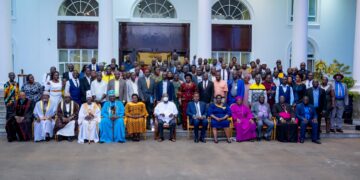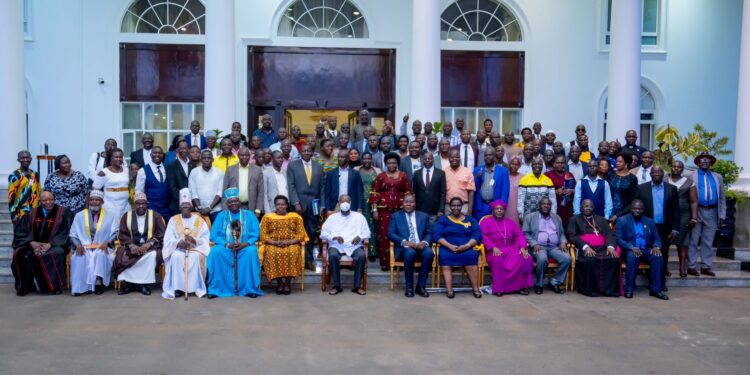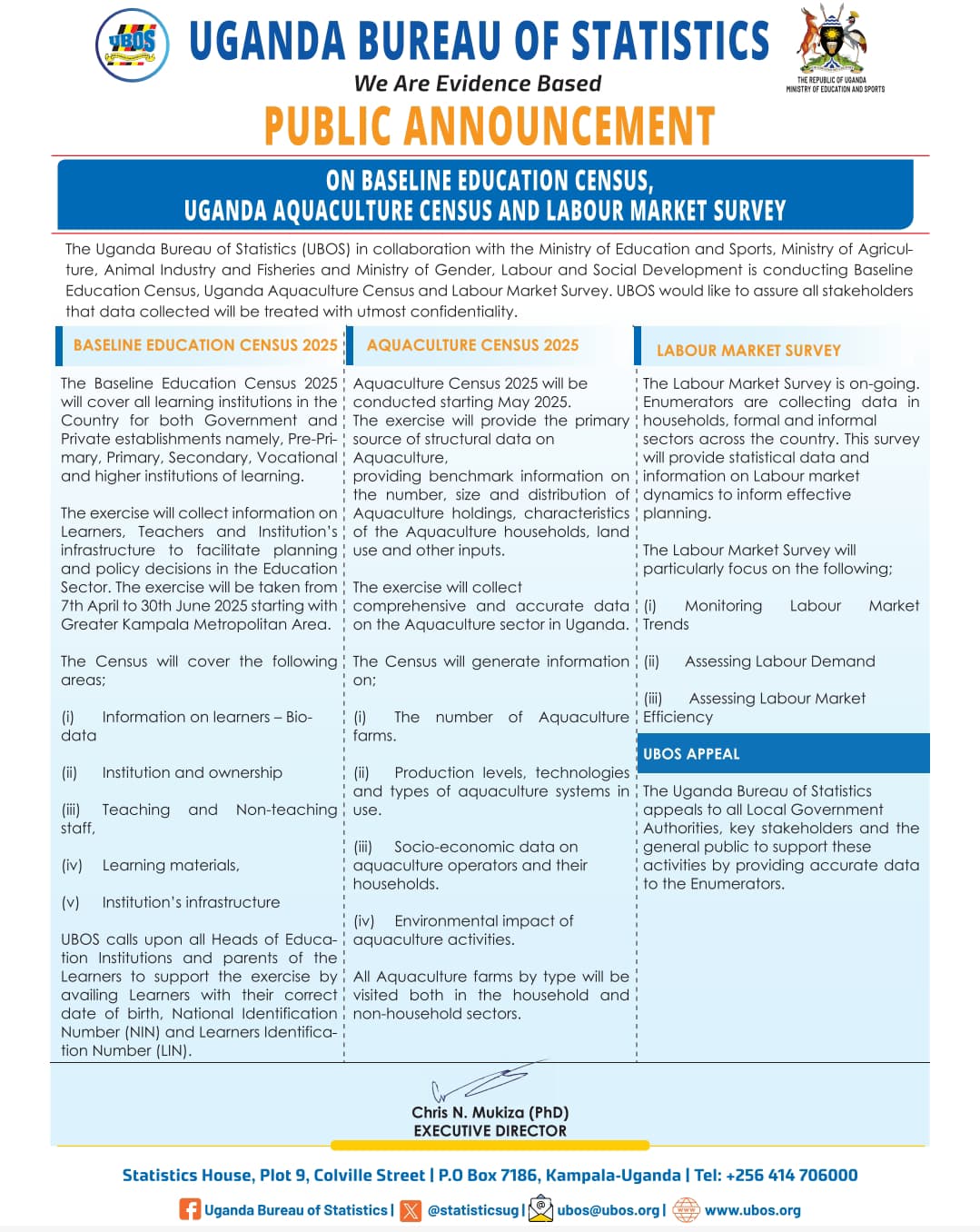President Yoweri Kaguta Museveni has proposed a landmark resolution to the long-standing conflict between Tororo’s Japadhola and Iteso communities.
Speaking at a high-level meeting held at State House, Entebbe, the President recommended elevating Tororo Municipality to city status as a neutral administrative unit and creating three new districts to address the needs of both communities.
The meeting, which was attended by Vice President H.E. Jessica Alupo, brought together leaders from the two communities who have for years disputed control over Tororo Town.
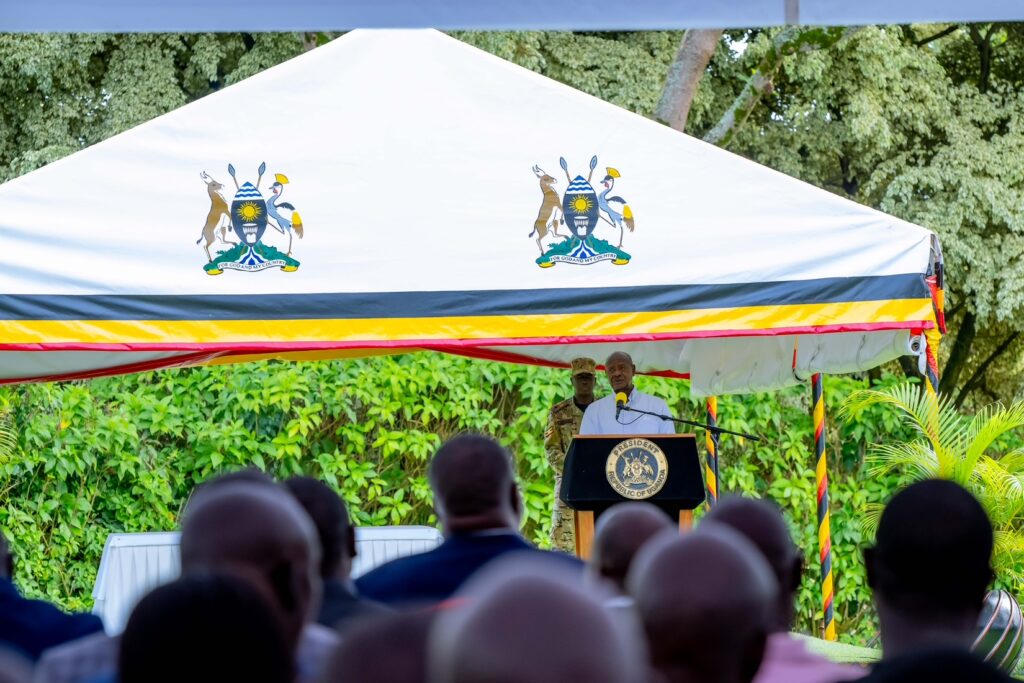
“We’ve agreed on the principle—Tororo becomes a neutral city,” the President said. “We’ll create three new districts: Mukuju, Mulanda, and a third whose name must be neutral. Some have suggested calling it Tororo, but that won’t work. Go and agree on a neutral name.”
Museveni encouraged leaders to resolve the naming of the third district through calm and private dialogue. “You don’t have to fight over a name. Talk among yourselves quietly,” he said. “It’s not worth dying for.”
Under the proposed plan, the Iteso community would retain Mukuju—considered a non-contested area—and also benefit from services offered by the neutral Tororo City. The Japadhola community would receive the new districts of Mulanda and the yet-to-be-named third district.
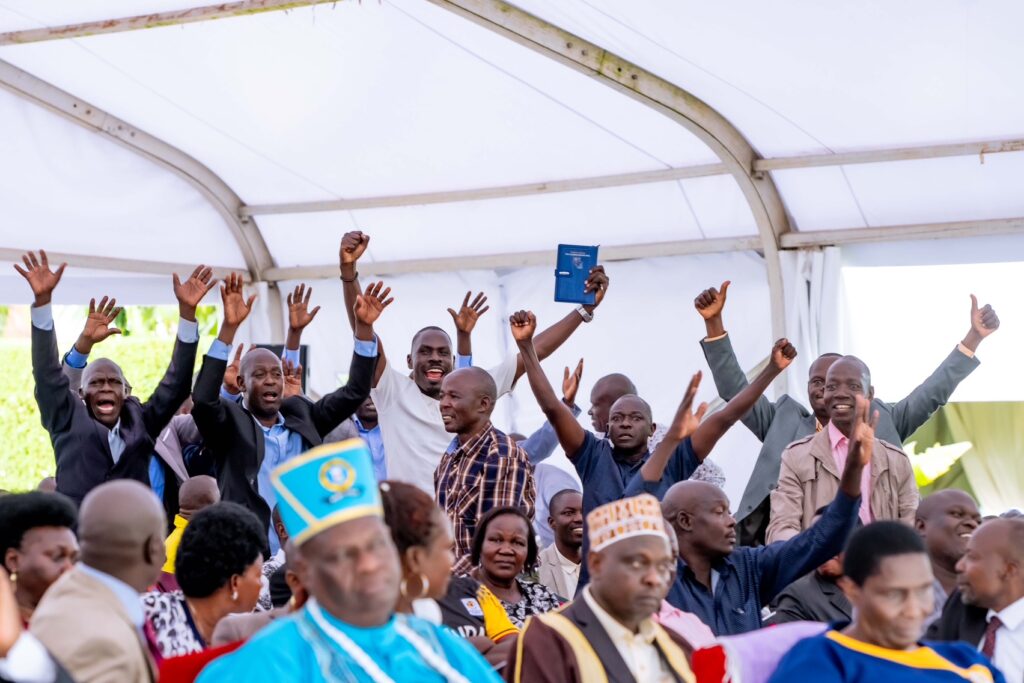
“This structure brings fairness,” Museveni said. “The Badama (Japadhola) get two new districts, and the Bateso (Iteso) get one district plus a city. Just like Mbale, which has both a district and a city.”
He criticised the prolonged ethnic tensions for hindering development in the region. “You are wasting time that should be used to serve the people. That’s why we broke up big districts like Bukedi into smaller, more efficient units,” he noted.
Drawing on scripture and his personal experiences, the President warned against tribalism and land-based politics.
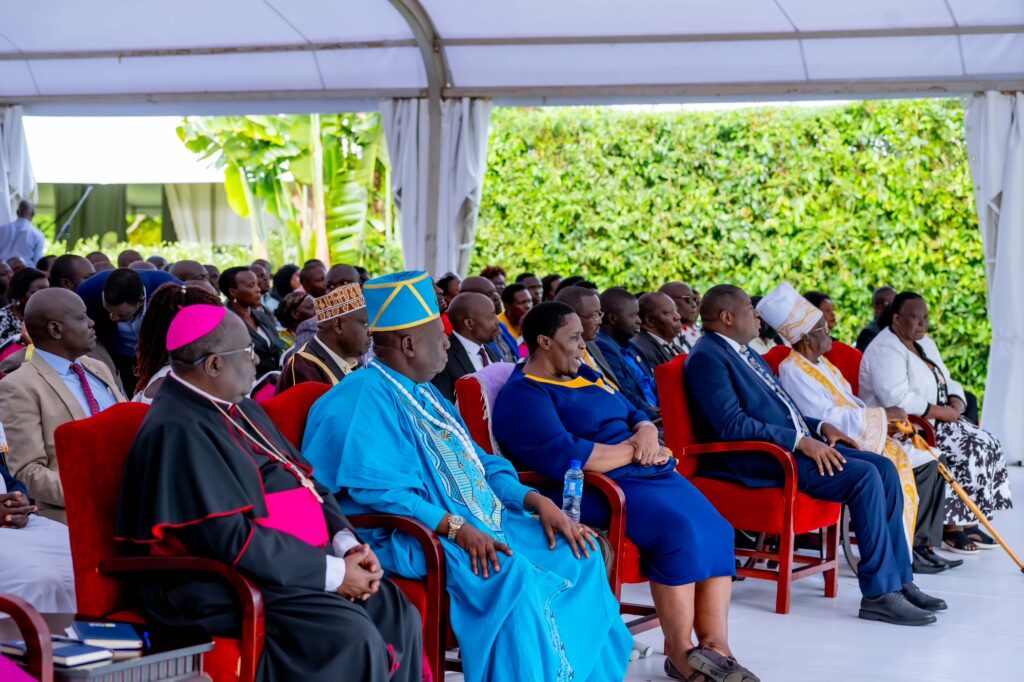
“I was a Mulokole until 1965. We used to say, ‘They left undone what they ought to have done…’ That’s what you’ve been doing,” he said. “Remember Abraham’s herdsmen who quarrelled over land—he told them, ‘If you go east, I’ll go west.’ That’s the wisdom we need now.”
President Museveni emphasised that service delivery should take precedence over territorial claims. “Even if the whole town was given to the Bateso, so what? What matters is service, not ownership,” he stressed.
He recalled earlier boundary disputes in places like Rakai and cautioned against being distracted by such divisions. “I told them then, and I say now—don’t let colonial boundaries derail national progress.”
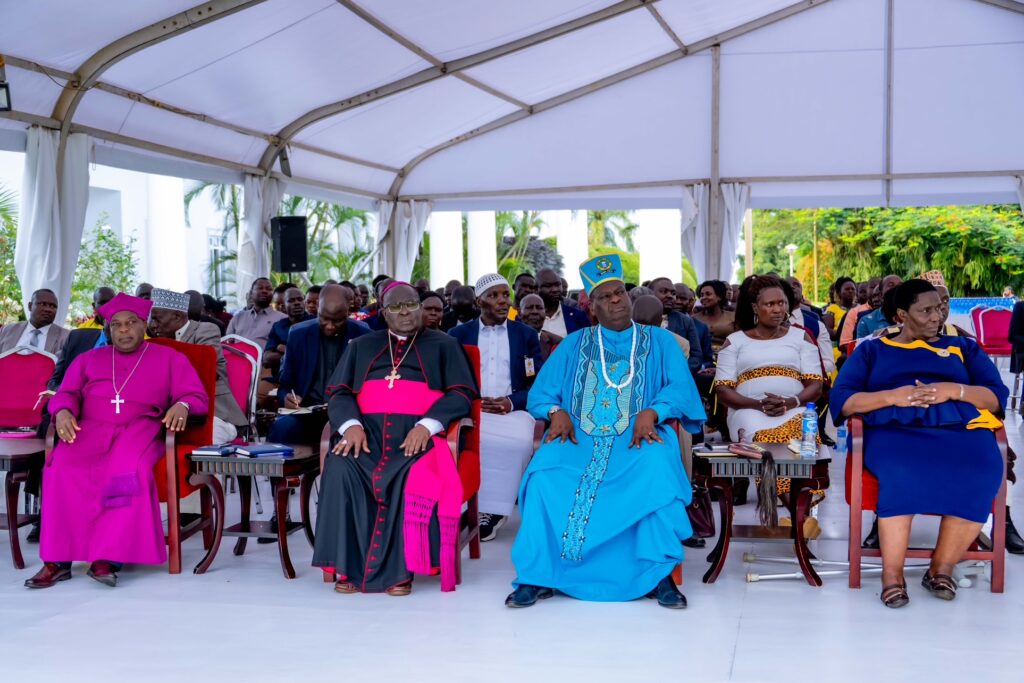
On the contentious issue of naming, he urged both communities to accept that Tororo Town retains its name while choosing a neutral name for the new district. “Let Tororo stay with the town. Find a neutral name for the new district. This shouldn’t divide us,” he said.
The President also challenged both groups’ insistence on the name “Tororo,” noting they both originate from the same region. “How can each of you claim exclusive rights to the name? This place is home to both of you.”
He reminded leaders that decentralisation is meant to improve access to services, not deepen ethnic divides. “Let’s not let a name become more important than the welfare of our people.”
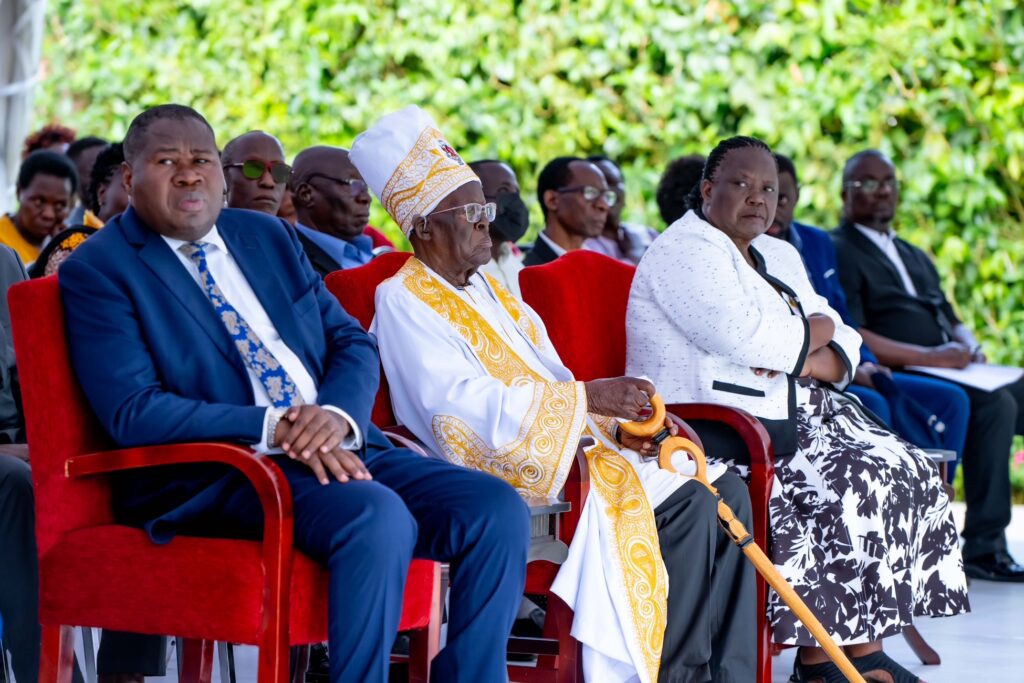
Commending the more constructive tone of the discussions, he added, “At least now, the Bateso are saying, ‘Let’s be mutual instead of fighting over Tororo.’ That’s a good sign.”
Vice President H.E. Jessica Alupo, who had earlier consulted with leaders from both communities, presented a detailed compromise plan. She announced that Tororo Municipality would be elevated to city status, formed from the current Tororo North and South constituencies.
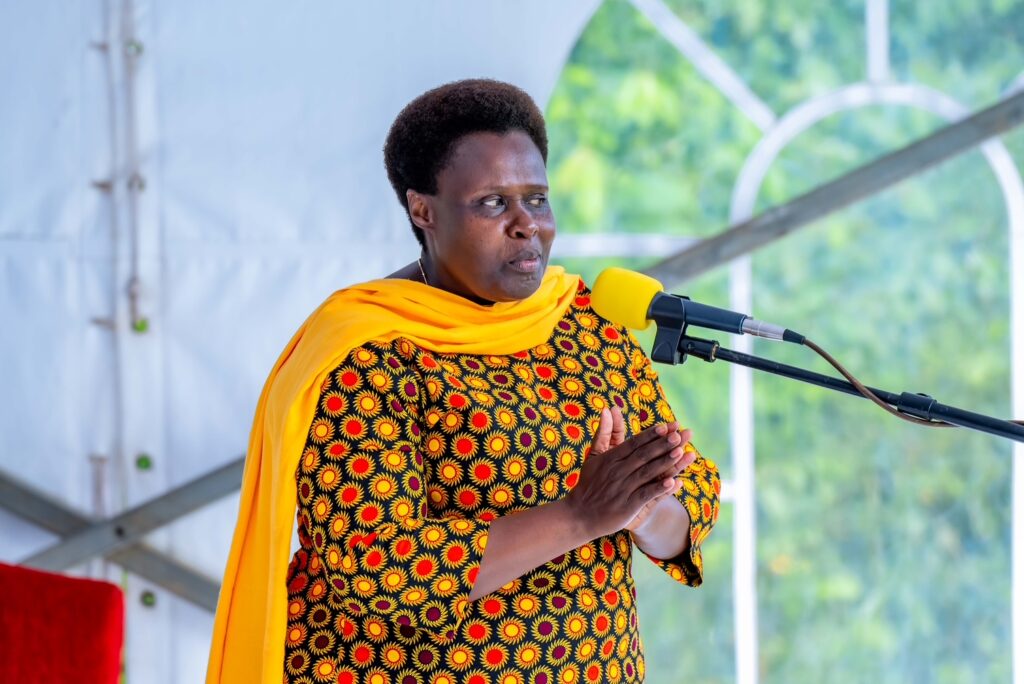
Kwapa and Nagongera town councils would also gain municipality status, while Mulanda District would be created from Budama Central and Budama South. An additional district would be formed in the eastern region, with its boundaries and name to be decided through mutual consultation.
Minister of Defence and Veterans Affairs Hon. Jacob Oboth Oboth praised the Vice President for her role in facilitating the dialogue. “Both groups met with her and shared their positions. Thank you, Vice President, for your leadership,” he said.
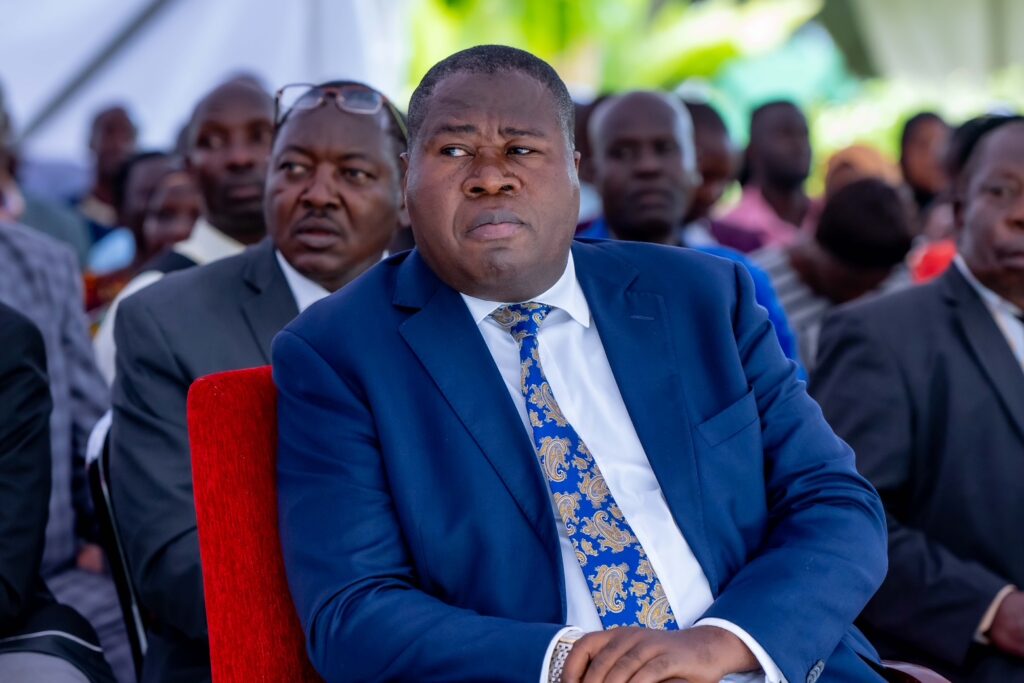
Also present were His Royal Highness Kwar Adhola Moses Stephen Owor, cultural leader of the Japadhola; Emorimor Papa Paul Sande Emolot, cultural leader of the Iteso; Hon. Hellen Grace Asamo, Minister of State for Disability Affairs; Dr. Tanga Odoi, NRM Electoral Commission Chairperson; as well as religious and cultural leaders.
